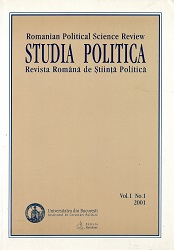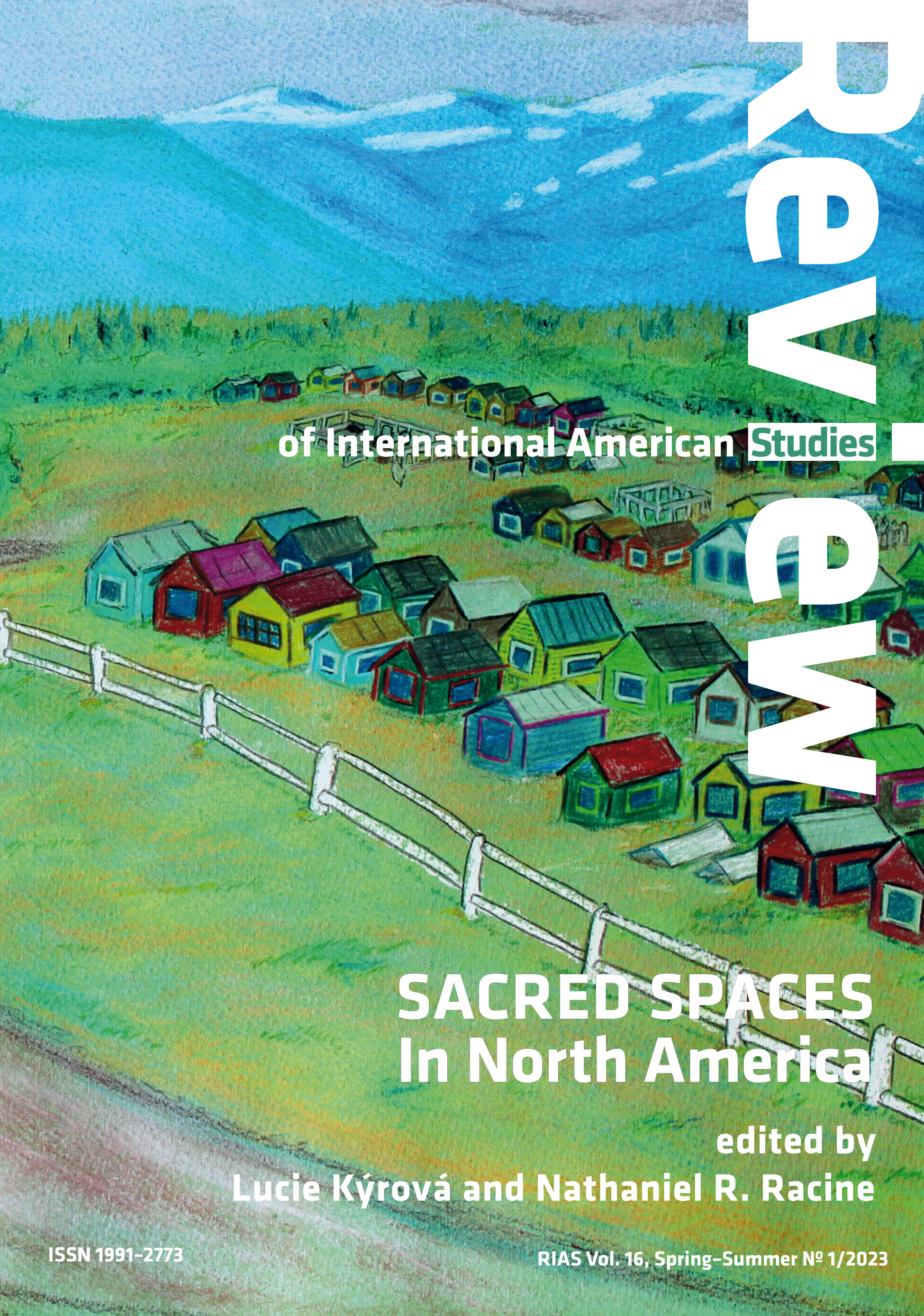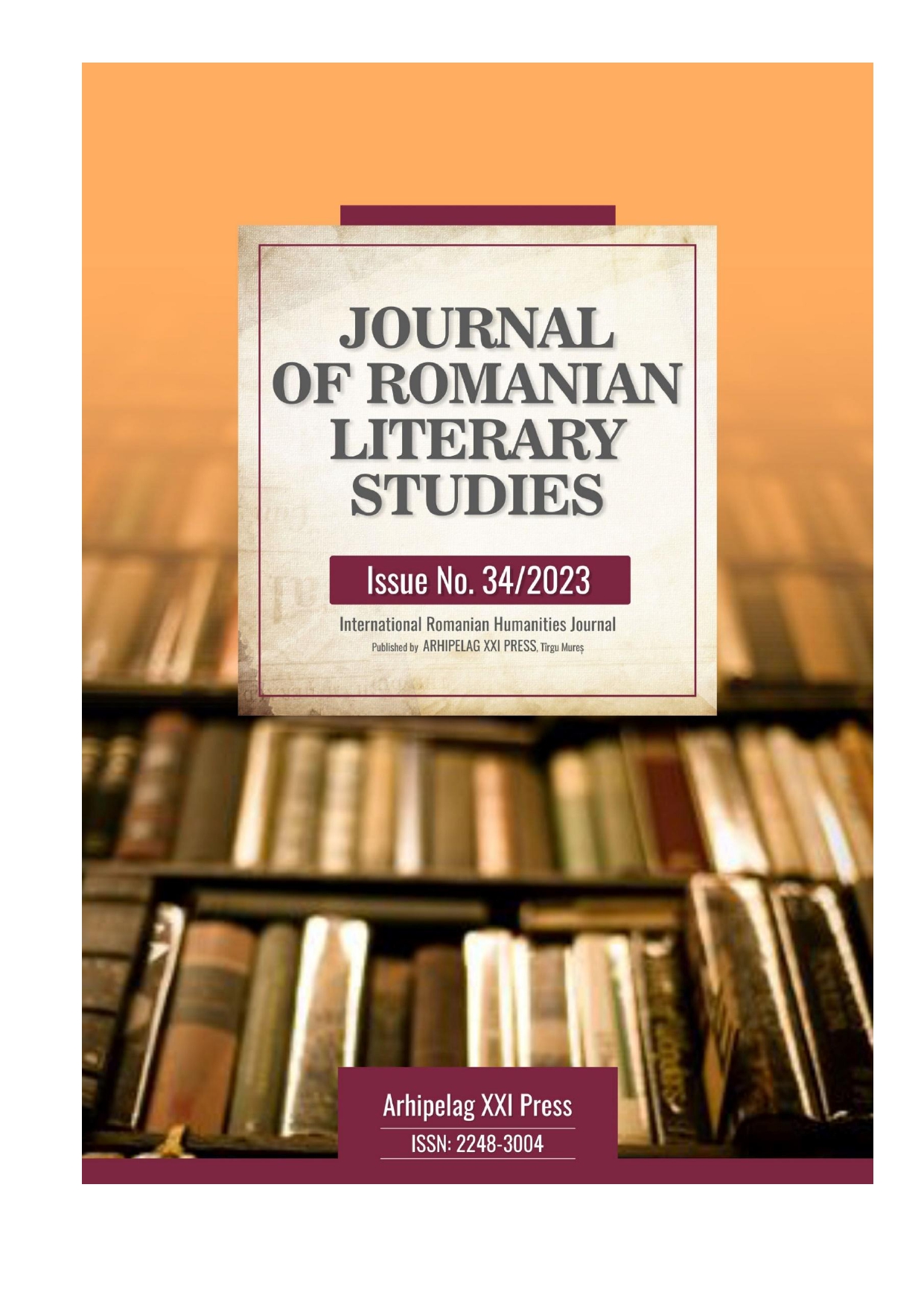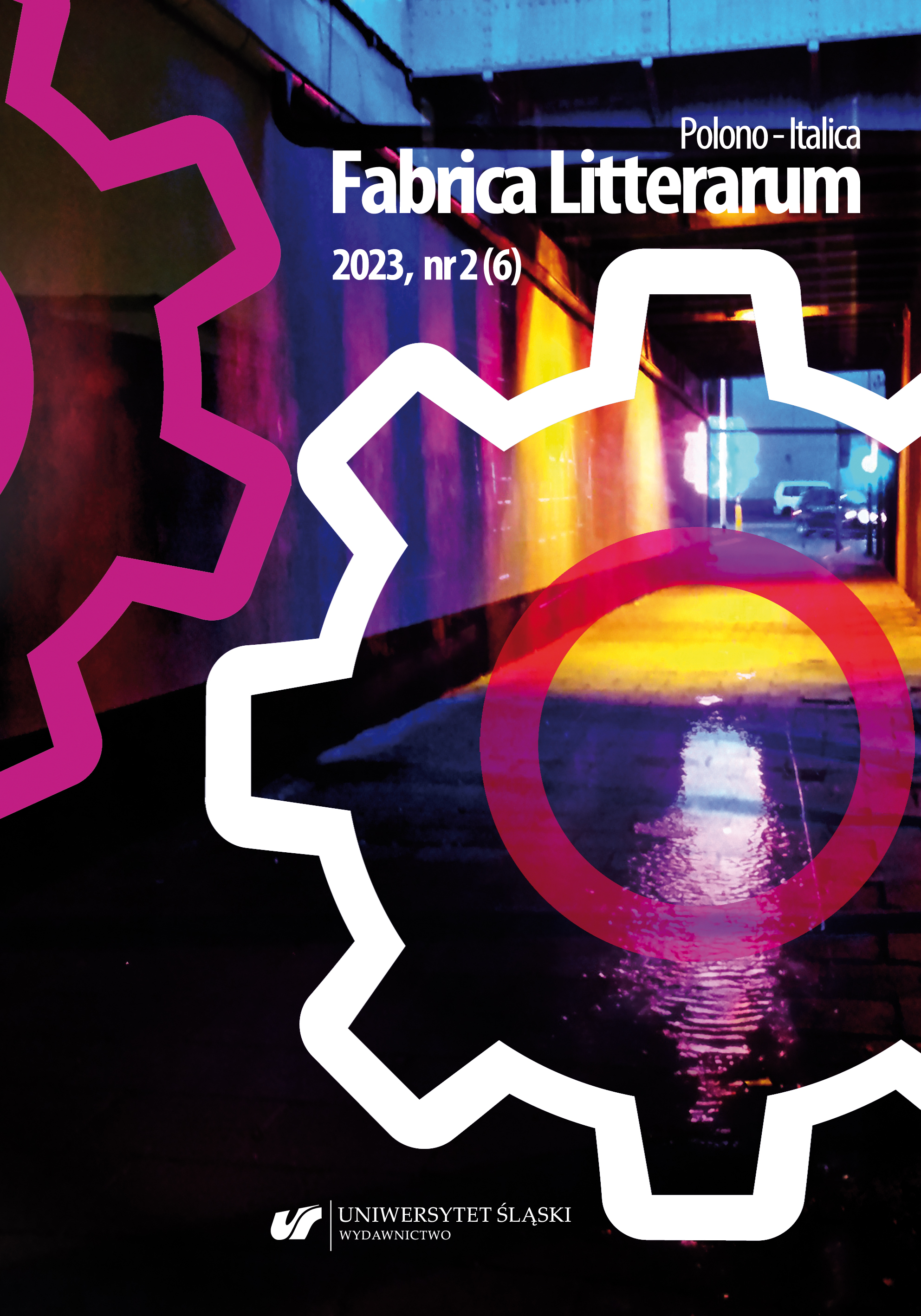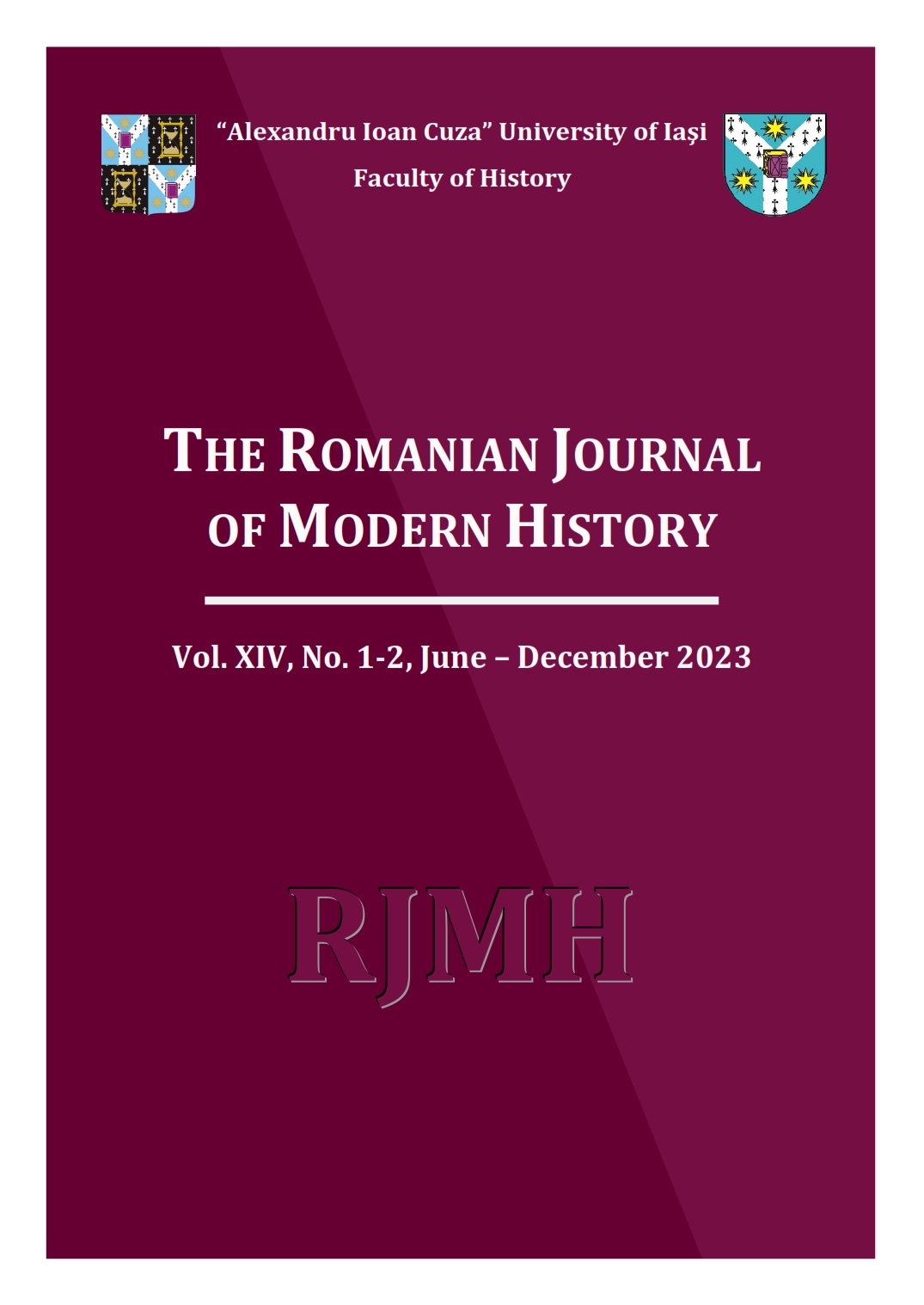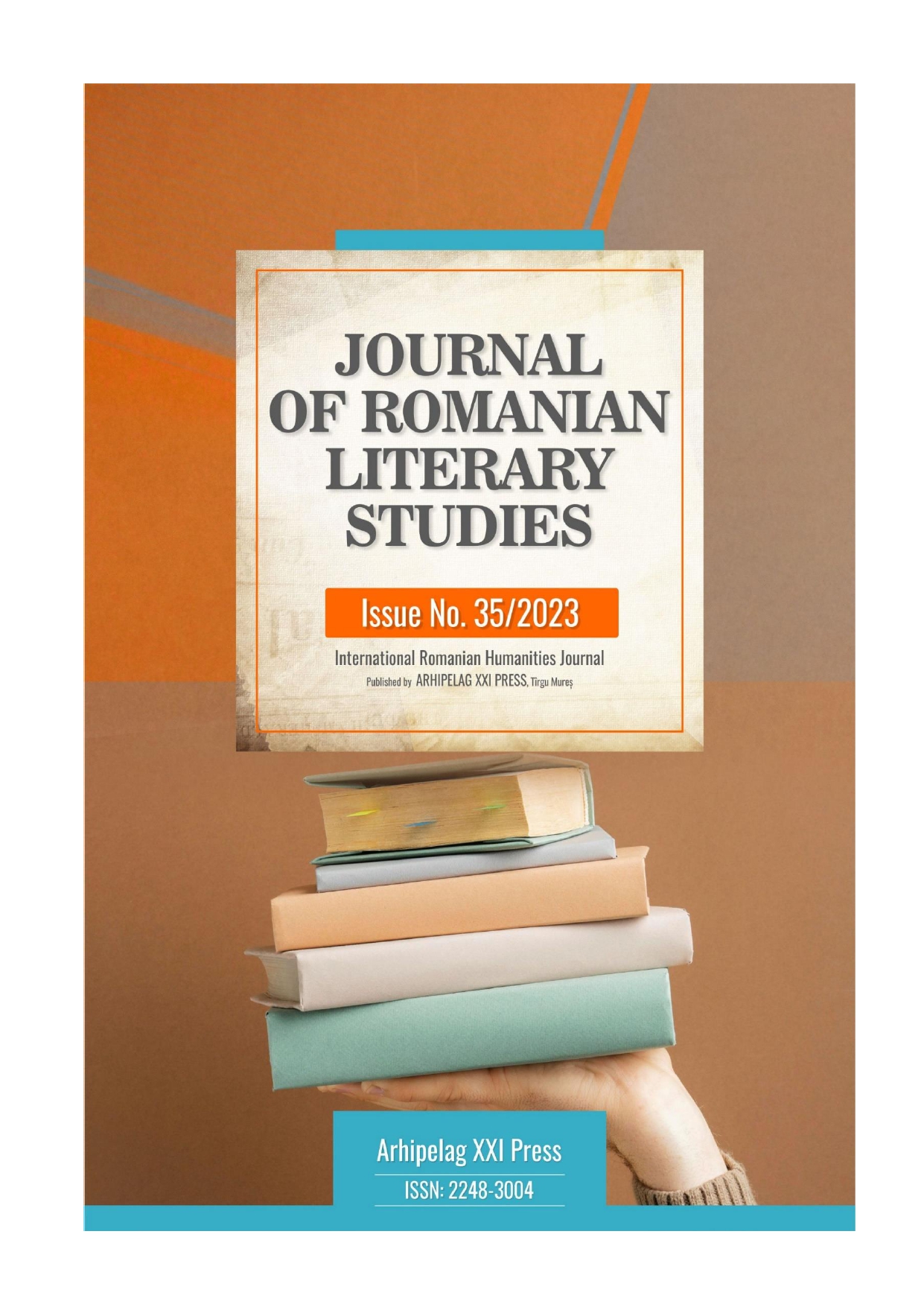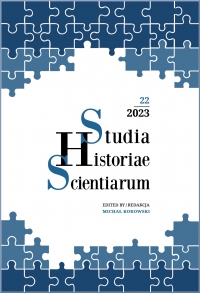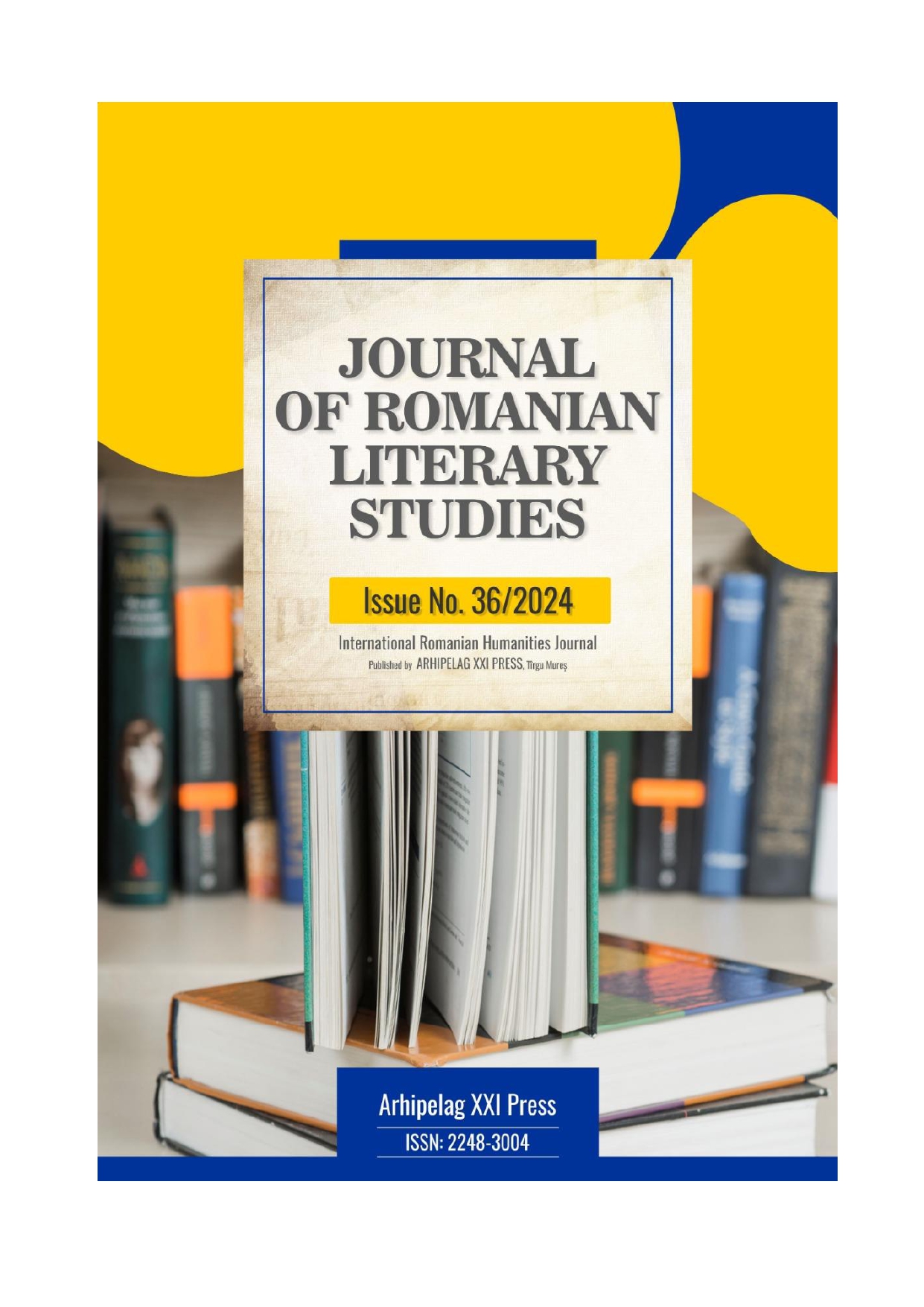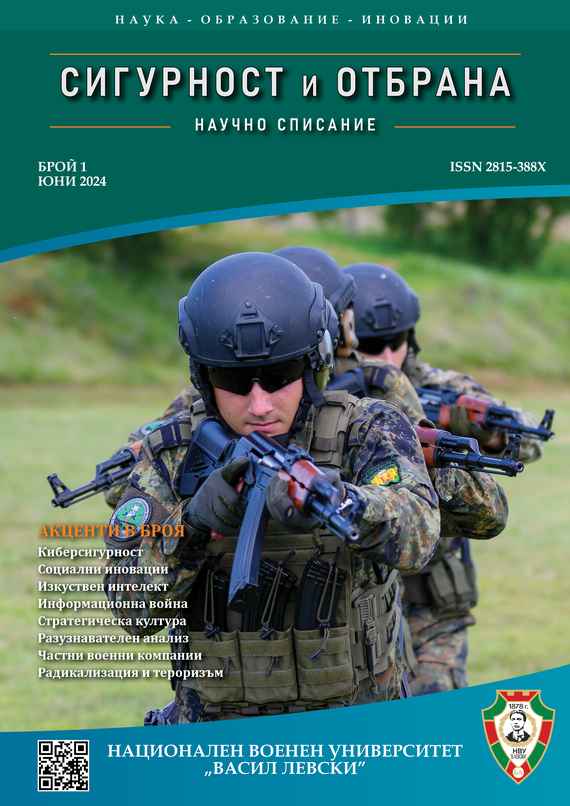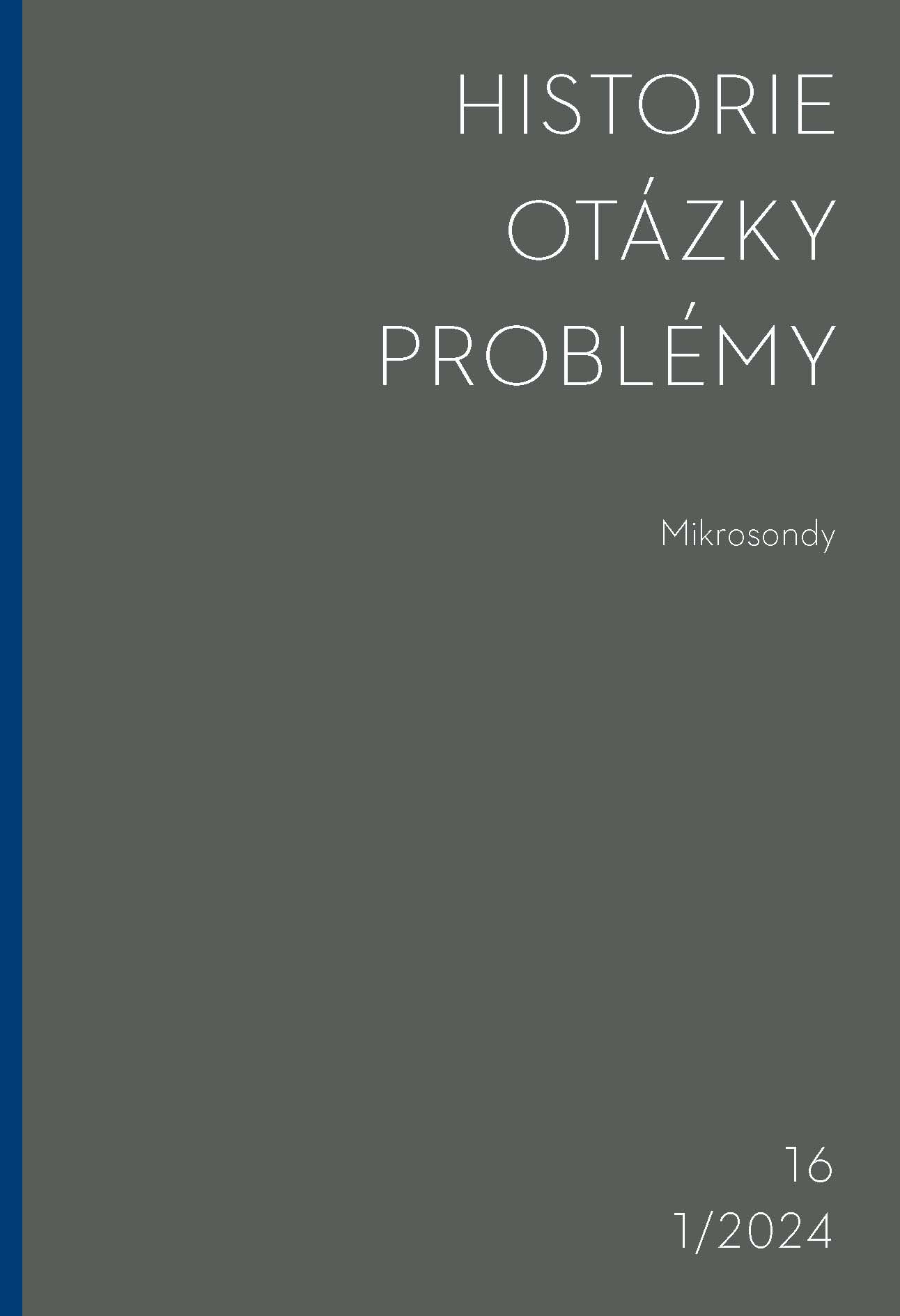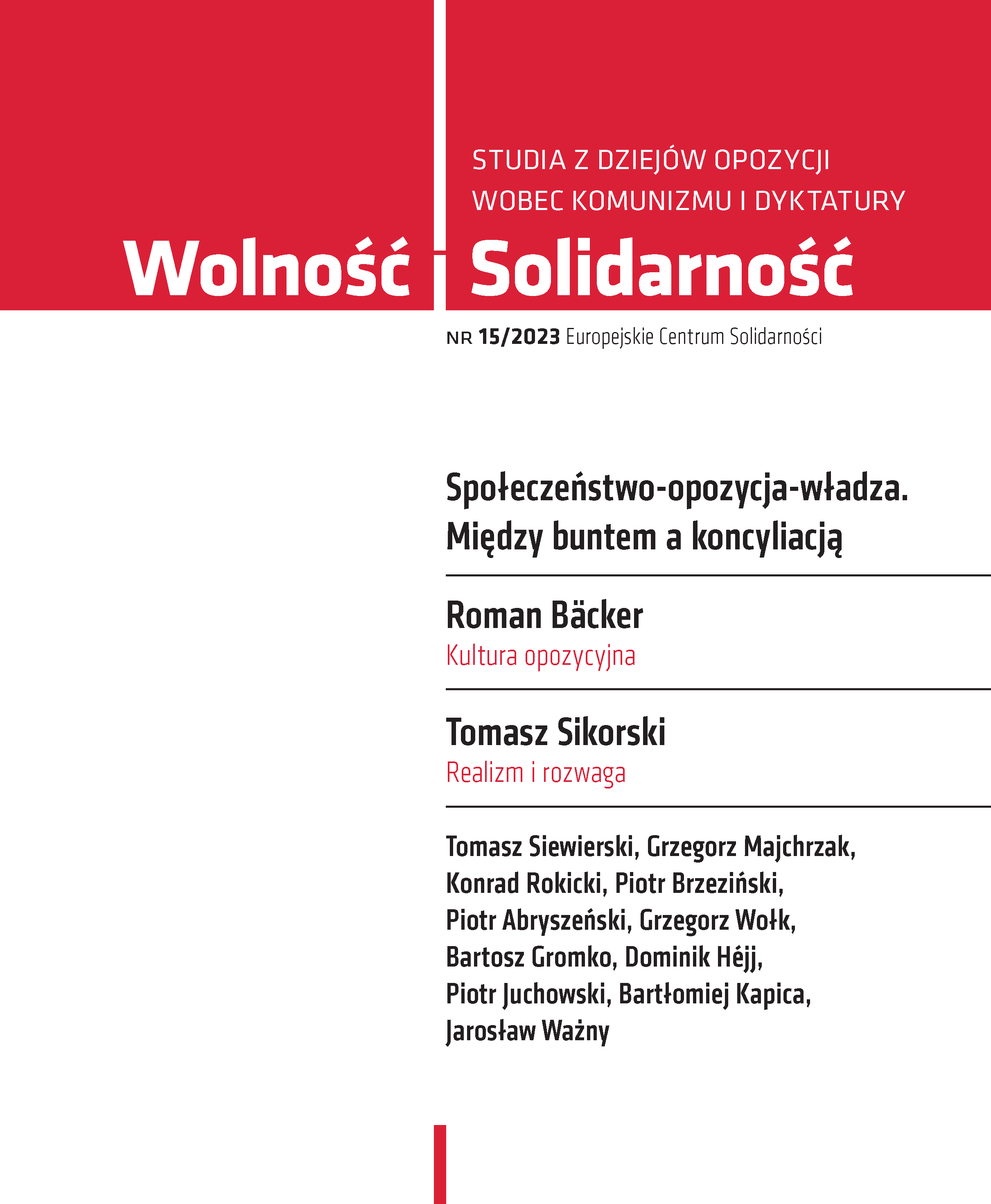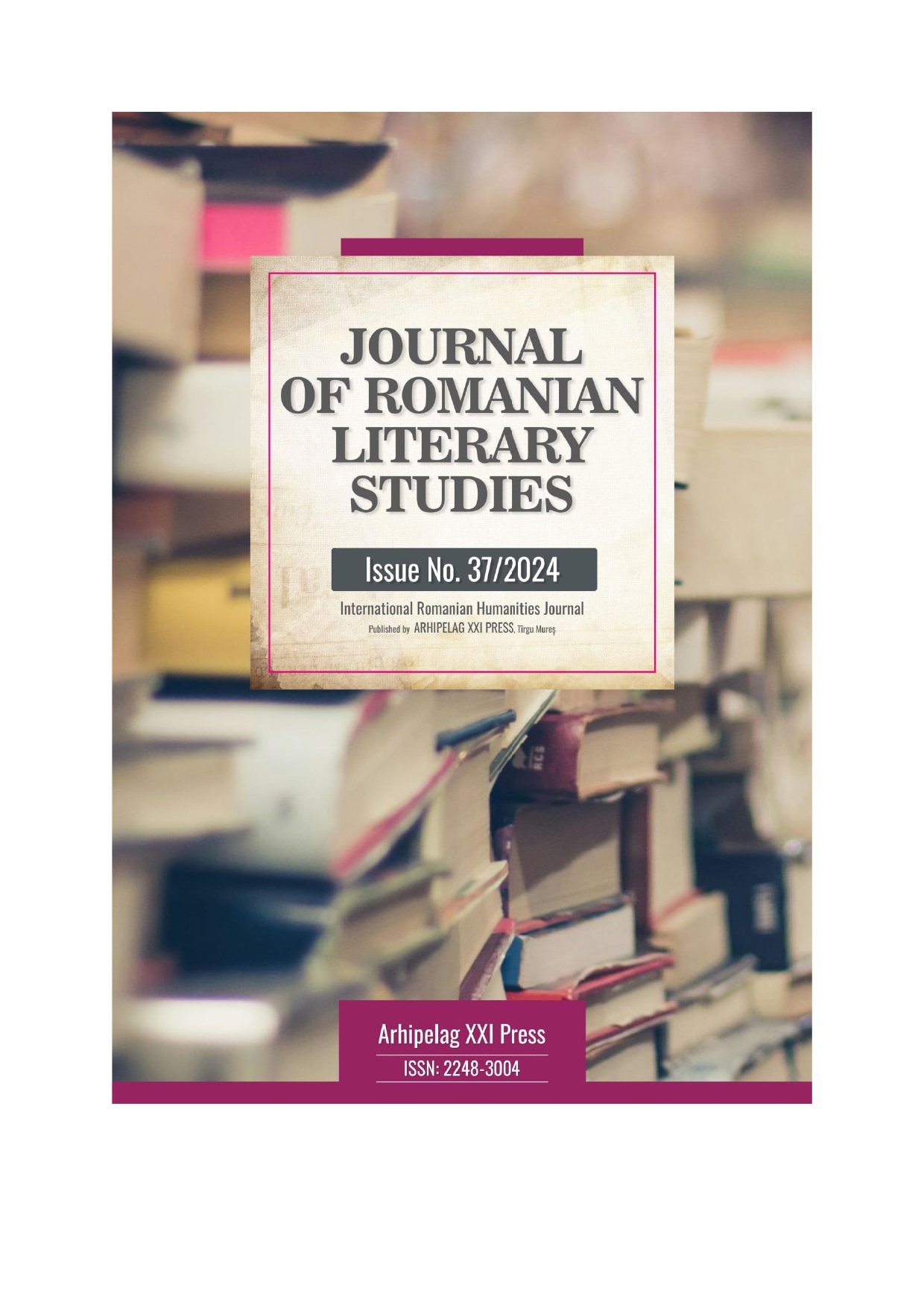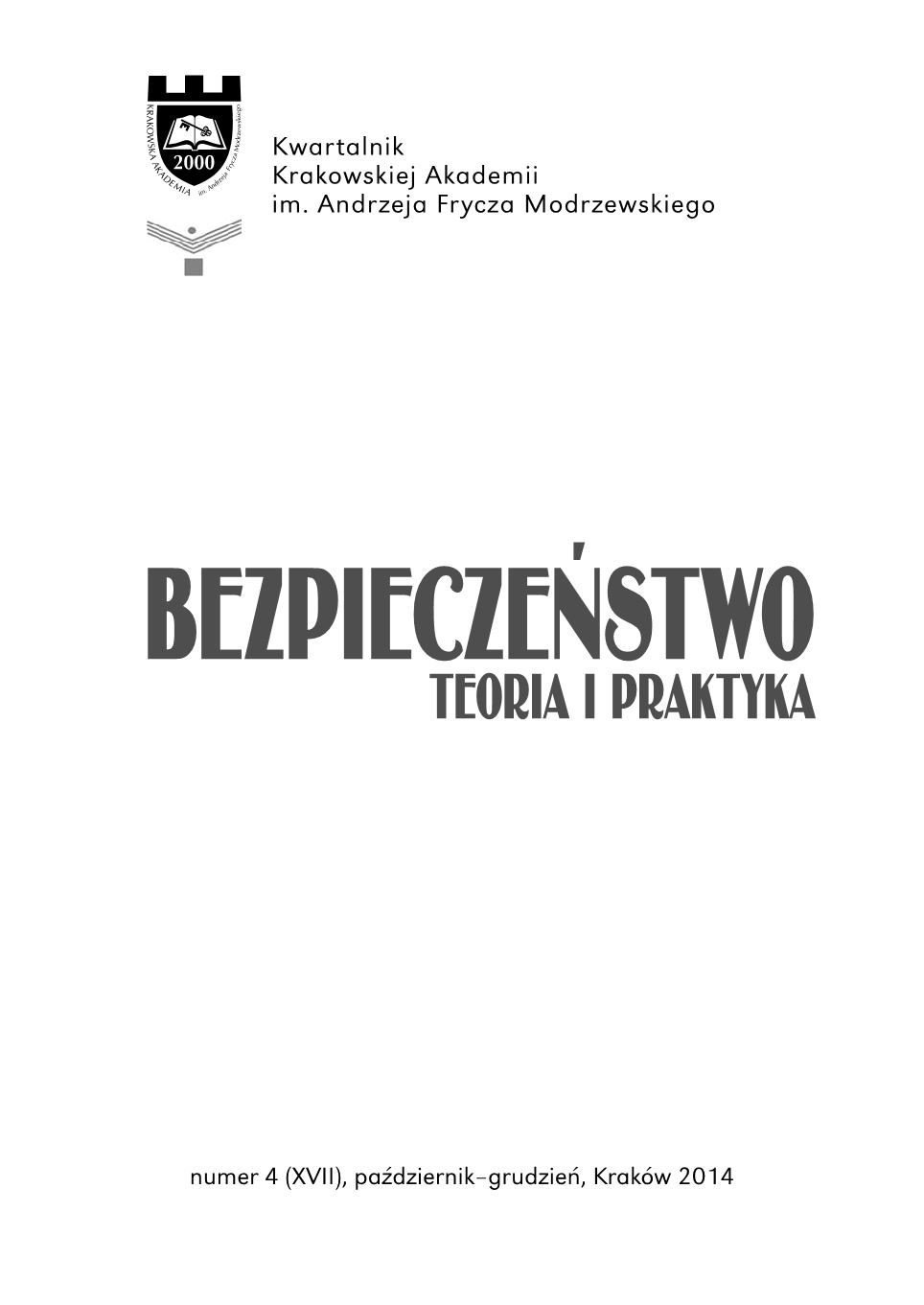
Działalność ruchów anarchistycznych w Królestwie Polskim na przełomie XIX i XX stulecia
In the second half of the 19th century, alongside Marxism dominating the left, anarchist ideas also started to be disseminated in Europe. In the Russian Empire, industrial transformations activated anarchist and anti-system forces (such as those involved in Narodnaya Volya) invoking the universal freedom of people, who were entangled in a new slavery based on socio-economic factors in an era of aggressive capitalism. Around 1903, various anarchist organisations became more active in the borderland of the Kingdom of Poland and western Russia, mainly in Białystok Voivodeship. Large numbers of supporters of workers’ parties joined extremist organisations such as Chernoe Znamia or Beznachalie. The period of revolutionary upheaval started in 1905 was conducive to the development of anarchist organisations in the Kingdom of Poland, especially in large cities, such as Warsaw and Łódź. Members of the Workers’ Conspiracy, the International, and the Group of Revolutionary Avengers carried out armed assassinations of members of the tsarist authorities as well as the local bourgeoisie. Their activities were brutally suppressed by the police and Okhrana agents.
More...
